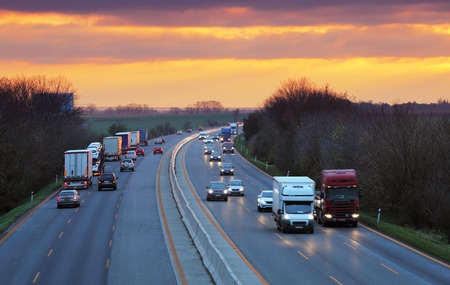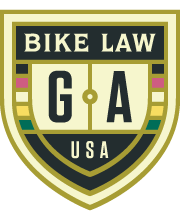State and Federal Laws Complicate Truck Crashes

Staying safe on Atlanta's busy thruways
If you're involved in a truck crash on an Atlanta highway, you may not care how large the truck is that hit you. Your first priority is the safety and well-being of everyone involved. Later, though, you will discover the size of the truck, and its purpose, are very important in assigning liability, or fault, for the truck crash. You need to have expert legal counsel at hand to help you navigate the confusing and complicated laws affecting your accident.
Federal or State?
Georgia Department of Transportation regulations generally align with federal regulations. For example, Georgia regulations bow to federal laws regarding height, width, and length of trucks. However small issues do arise when interpreting the exact meaning of certain regulations.
For example, there is some wording in our federal regulations that may leave it up to the police officer on the crash to determine what qualifies as "ramps" or "service streets," and thus, what fits within certain regulations. The final decision could be debatable - was the truck legally operating on the street, or did federal and state regulations prohibit its presence on an Atlanta street too narrow for safe passage?
Proper licensing can also be a factor in truck crashes - perhaps the truck driver was holding a Class B Commercial Driver License but should have had a Class B Limousine Carrier Certificate. Insurance requirements associated with differences in licensing add complexity to a case. As the victim of a truck crash involving a passenger car, you cannot reasonably expect to track down all the details yourself. You need an experienced attorney who knows how the varying state and federal regulations can affect your case.
Interstate or Intrastate?
The interstate highway system provides unparalleled access and freedom of movement across our country. Large trucks that travel to different states are regulated on the highways by the Federal Motor Carrier Safety Administration (FMCSA) which controls driver behavior, drug and alcohol restrictions, and even rest periods. Intrastate carriers—truck operators working only within the state—are not necessarily regulated by FMCSA. The intrastate truck driver involved in a truck crash may be governed by different, state regulations. Some examples of these differences include:
- Intrastate haulers of forestry products;
- Vehicle transporters;
- Tow trucks; and
- Intrastate moving vans.
In and around Atlanta’s busy thruways, limitations on truck speeds may be posted well below passenger vehicle speed limits. The American Journal of Public Health published a study showing that the greater this speed difference between trucks and automobiles in a given area, the higher the risk for accidents. In well-intended efforts to decrease truck speeds, the unintended consequence was, as the study said, “a significant increase in fatalities.”
Too Complicated
The different state and federal regulations and governing bodies along with the complexities of determining licensing, length, and weight restrictions on a truck are all usually too complicated for the average person to deal with after a crash. If you or a loved one have been involved in a truck crash, contact the law offices of Hagen and Rosskopf today to discuss your case. We have years of experience working in automobile accident law and we can help you obtain the best possible outcome. Contact us today at 404-522-7553 to learn more.
